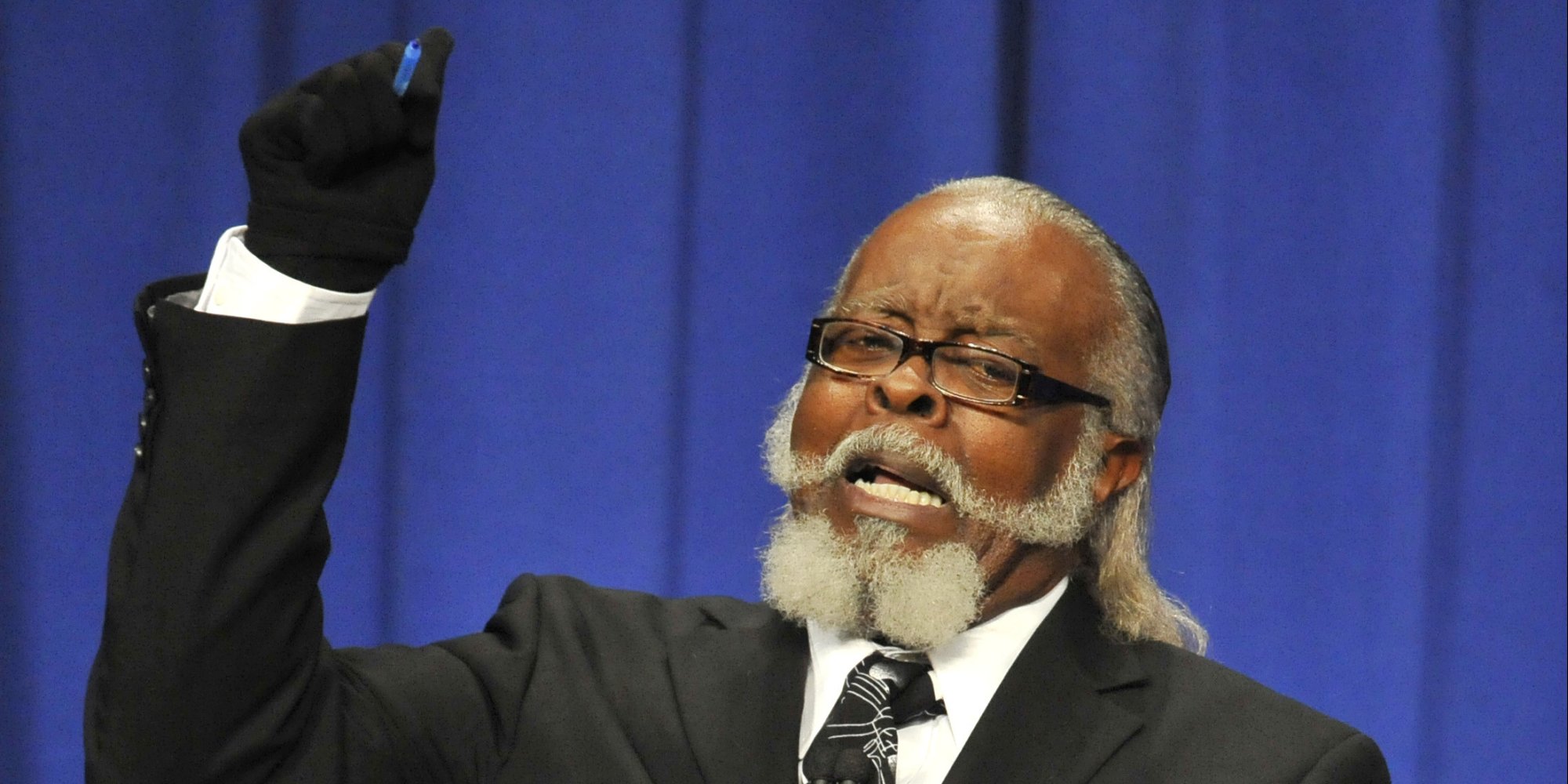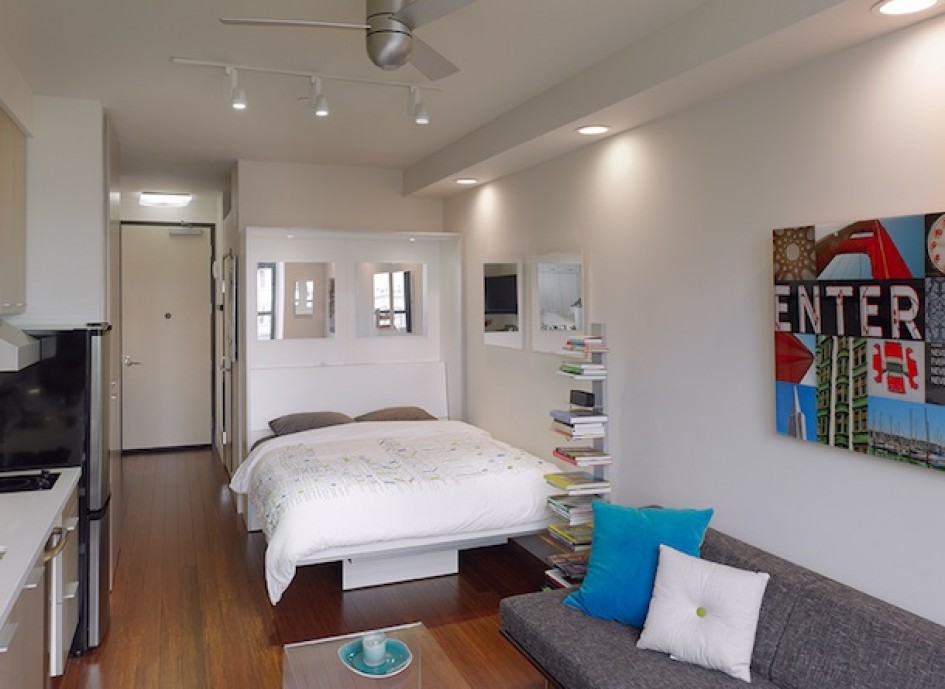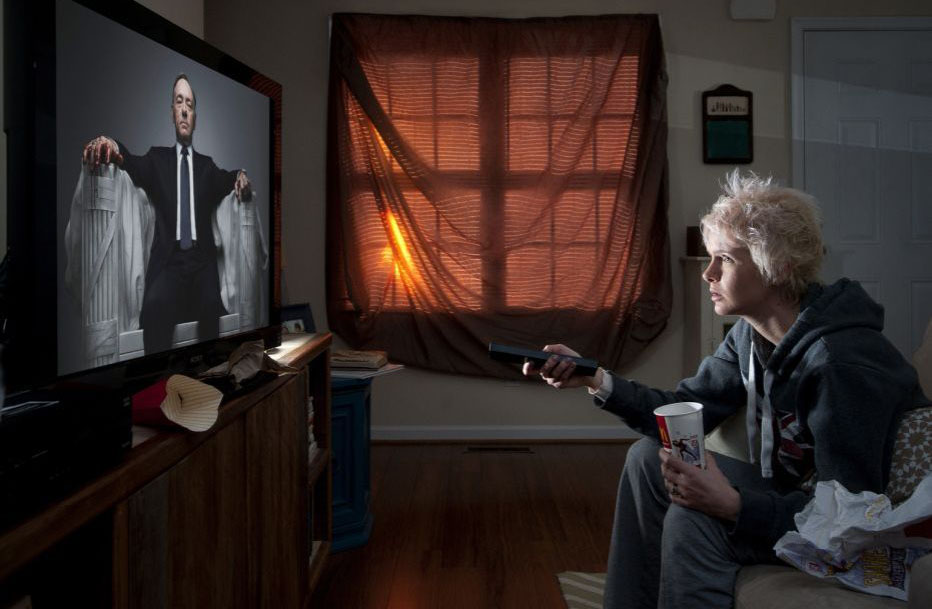Seattle Building Craze Will Kill The City
The last couple years Seattle has gone on a huge building boom in South Lake Union, Ballard, and Capitol Hill. Majority of these buildings are Mixed-use development so we can live upstairs from Starbucks or Top Pot. While I am excited about these areas growing and development happening majority of the units are impartial and potentially damaging long term for the city.
Rent Too Damn High!

With the growth of companies in Downtown Seattle like Amazon and Bill & Melinda Gates Foundation, rent has gone up rapidly in the last couple years. Going by the commonly recommendation of spending 30% of your income on housing, if you make under $80,000 a year you finding it more and more challenging to live in areas such as Capitol Hill, Ballard, Interbay, Eastlake, and South Lake Union. New buildings popping up left and right with $2,100/month rent or $3,395/month for rent for one bedroom apartments. While gentrification has its positives and negatives, in areas such as Capitol Hill it is really changing the feel of the neighborhood.
Hello Micro Apartments

The buildings being built in the areas I talk about above are built specifically for young professionals. Majority of the units are micro apartments, studios, or one bedrooms. While these type of units have a particular use be built such as students, they are being built at a disproportionate amount as compared to two bedroom or higher in my opinion. If you are lucky enough to find a two bedroom expect to pay $2,500 to $3,000 a month. Not many people want to build a home with their significant other in a one bedroom apartment. Thinking of raising a family in the city? Good luck. Perhaps in West Seattle or Columbia City, though that is going up quick.
Damages of Living Alone
Seattle is well known for the Seattle Freeze. Seattle is a city where you will always have an acquaintance, but perhaps not a great friend (I.C.E. Friend), and roommates are not common because living alone is the culture and really the only option due to availability.
After living in Boston and having friends in New York, it was common for people to have roommates, as majority of the places to live were built as a livable space; multiple rooms, eating space, kitchen, and bathroom. These spaces were built to grow in. Compare that to the building boom in Seattle, where there really isn't anyplace to grow in a 450 square foot apartment. The units are built to be used by the person living in it, not have guests over or grow into. Your only option is to move out. Moving as your only option makes the character of a neighborhoods transient or shallow.
The culture of living alone in my opinion could potentially have long term social consistencies to the city. When you live with a friend or even a stranger, you increase your social circle. You meet new people through others that you would have never met via any other way. If you want to live in the city, you are probably going to live alone, not because you want too, but because that is the only available units.

Additionally technology is making real social connection less important and thus more challenging. From binge watching television shows to Amazon Fresh deliveries you really never need to leave your apartment, and thus hurt yourself socially. People digitally participate with friends but taking photos of your food isn't the same as having someone over for dinner. Battle the Seattle Freeze or the winter hibernation when it becomes dark at 3:30 PM in the afternoon, it is easy isolate yourself within your own home in Seattle. Perhaps it is time to start taking lessons from my grandma on how to interact with people.
Transportation. Soon. Not Soon Enough.
Work in the City, Live in the City is one of the many marketing slogans you hear. This is very true for the very centralized neighborhoods such as Belltown, Queen Anne, South Lake Union, and Capitol Hill. But what will really change this will be the additional transportation options in Seattle. The first changes are happening now in the Beacon Hill and Columbia City neighborhoods where you can now take Link Light Rail into Downtown Seattle in 10 minutes. As the line expands north to Northgate and east to Redmond, this will increase where you can live and conveniently commute in or out of the city via public transportation. This becomes even more important as King County Metro is forced to reduce bus routes](GHOST_URL/content/images/2014/Jul/transit_map.jpg)
Sadly public transportation is a foreign concept to those raised outside of New York, Chicago, Boston, or majority of Europe. As someone born and raised on the West Coast, I really didn't use public transportation outside of random convenience until I moved to Boston where it was clear it is a way of life. Returning to the West Coast, it is sad to see people have the view that only poor people or thugs ride public transpiration.
I am excited about the line expansions, but the Northgate Extension won't open until 2021 and Eastside Extension isn't until 2023 and that date is looking less likely with each lawsuit to attempting to prevent it. When it is done, it will be great for my hypothetical children or my nephew.
Closing
Seattle is a wonderful place to live. I can't imagine living anyplace else, but as it becomes increasingly difficult to live in the city if you don't make $100,000 a year. Perhaps I'll start looking more at Columbia City or the remote island of West Seattle where this type of building isn't happening, yet.